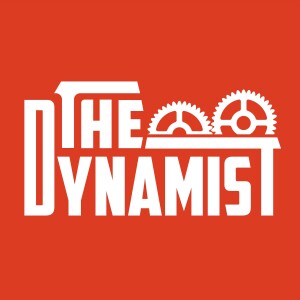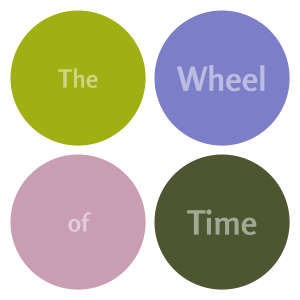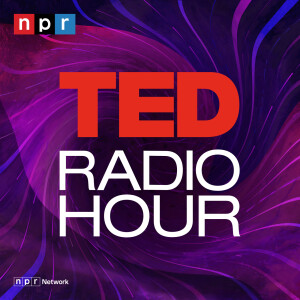

The race to harness AI for scientific discovery may be the most consequential technological competition of this time—yet it's happening largely out of public view. While many AI headlines focus on chatbots writing essays and tech giants battling over billion-dollar models, a quiet revolution is brewing in America's laboratories.
AI systems like AlphaFold (which recently won a Nobel Prize for protein structure prediction) are solving scientific problems that stumped humans for decades. A bipartisan coalition in Congress is now championing what they call the "American Science Acceleration Project" or ASAP—an audacious plan to make U.S. scientific research "ten times faster by 2030" through strategic deployment of AI. But as federal science funding faces pressure and international competition heats up, can America build the AI-powered scientific infrastructure we need? Will the benefits reach beyond elite coastal institutions to communities nationwide? And how do we ensure that as AI transforms scientific discovery, it creates opportunities instead of new divides?
Joining us is Austin Carson, Founder and President of SeedAI, a nonprofit dedicated to expanding AI access and opportunity across America. Before launching SeedAI, Carson led government affairs at NVIDIA and served as Legislative Director for Rep. Michael McCaul. He's been deep in AI policy since 2016—ancient history in this rapidly evolving field—and recently organized the first-ever generative AI red-teaming event at DEF CON, collaborating with the White House to engage hundreds of college students in identifying AI vulnerabilities.
More Episodes
All Episodes>>Create Your Podcast In Minutes
- Full-featured podcast site
- Unlimited storage and bandwidth
- Comprehensive podcast stats
- Distribute to Apple Podcasts, Spotify, and more
- Make money with your podcast












